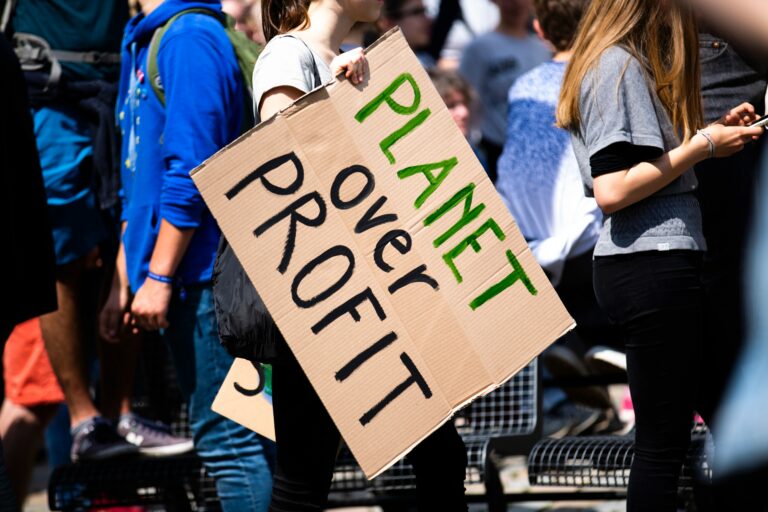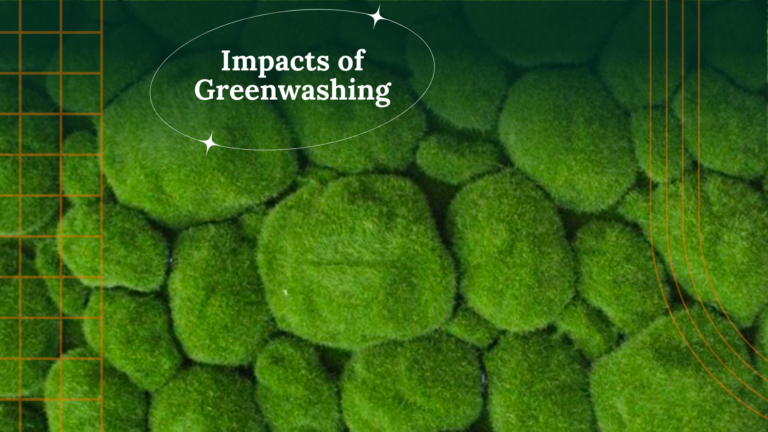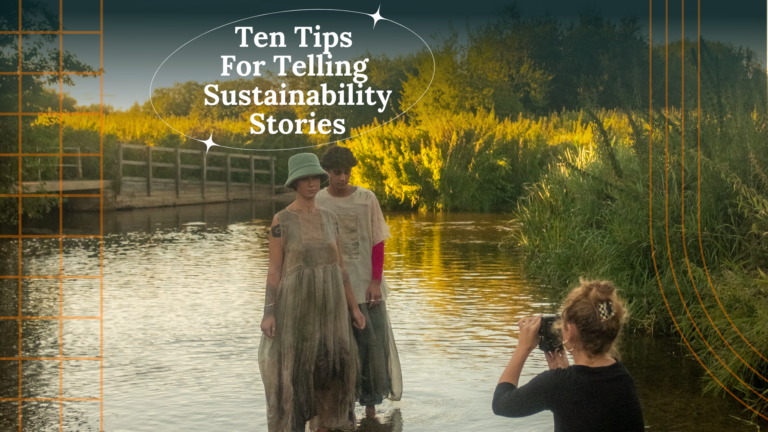Rethinking Marketing – How can the industry combat climate change?
Our consumerist culture is driving climate change, it’s time for marketing to adapt
(Credit – Goyaldevender)
Almost every human on the planet is influenced by marketing. Whether on your phone, tv, or the side of the building, companies are vying for your attention and encourage you to invest in their latest products. Constantly we’re told our goods are outdated and need replacing – your phone’s only got how many megapixels?! You’re Tv’s how small?! Your car can’t park itself?! Get the newest product or, you’re missing out!
It’s hard not to be enticed by companies and brands incessantly bombarding us with their latest goods and services. This has resulted in an increasingly consumerist society with companies seeking new and innovative ways to capture audiences’ attention and drive demand. This era of consumerism has been greatly beneficial for the marketing industry. Valued at over $647bn in 2020, marketing is more important, and profitable, than ever before. Yet, this rapid growth has come at a cost – it’s time we put responsibility first.
Consumerism is pushing us closer and closer to climate disaster. The high demand for new goods means manufacturing is constant and intensive. This leads to the exploitation of resources, deforestation, loss of biodiversity, and industrial pollution. Equally, our throwaway culture generates a great deal of waste! By 2050 the world’s generation of solid waste is expected to reach 3.4 billion tonnes every year!
By helping to drive consumerism, marketing is contributing to climate change. In 2019, Purpose Disruptors calculated that the UK advertising industry was responsible for more than 186 million tonnes of CO2 due to the uplift in sales generated by marketing. Put differently, advertising adds 28% to the annual carbon footprint of all UK citizens! As we look to build a safer future, the marketing industry must address its contribution to the climate crisis and adopt sustainable practices.
It’s vital that all companies reduce their carbon footprint in their physical spaces and production processes. However, the best contribution a marketing organisation can make is carefully considering the brands and industries they collaborate with. With an ecological focus at the forefront of their vision, marketing agencies can transition away from carbon-intensive industries and products and instead shine a light on climate-friendly companies.
Instead of driving a consumerist society, marketing agencies can use their influence as a force of positive change. By helping elevate organisations dedicated to fighting climate change, the industry can accelerate the adoption of lower carbon attitudes and behaviours. This shift towards sustainable and responsible marketing practices doesn’t need to be detrimental to profits, as consumers are increasingly drawn to environmentally friendly goods and services.
As the effects of climate change become increasingly visible, environmentally conscious values are becoming the norm. Nearly 50 per cent of people now say they want to adapt their lifestyle “a great deal” to be more environmentally friendly. This is reflected in their consumer choices as a third of consumers have highlighted ethical and sustainability issues as a key determinant of consumer choice. Environmentally conscious brands are quickly gaining an edge in the market, with 73 per cent of millennials willing to spend more on a product from a sustainable brand!
Marketing has the power to influence people and shape demand, for too long this has been used to drive rampant, environmentally unsustainable consumerism – it’s time that changed. At Floom Creative the environment always comes first. We place responsibility and sustainability at the heart of our mission and only collaborate with organisations that share our values. By elevating companies and brands committed to fighting climate change, we know we are helping to build a sustainable future.
Check out our Blog HERE
Follow us on socials:




















